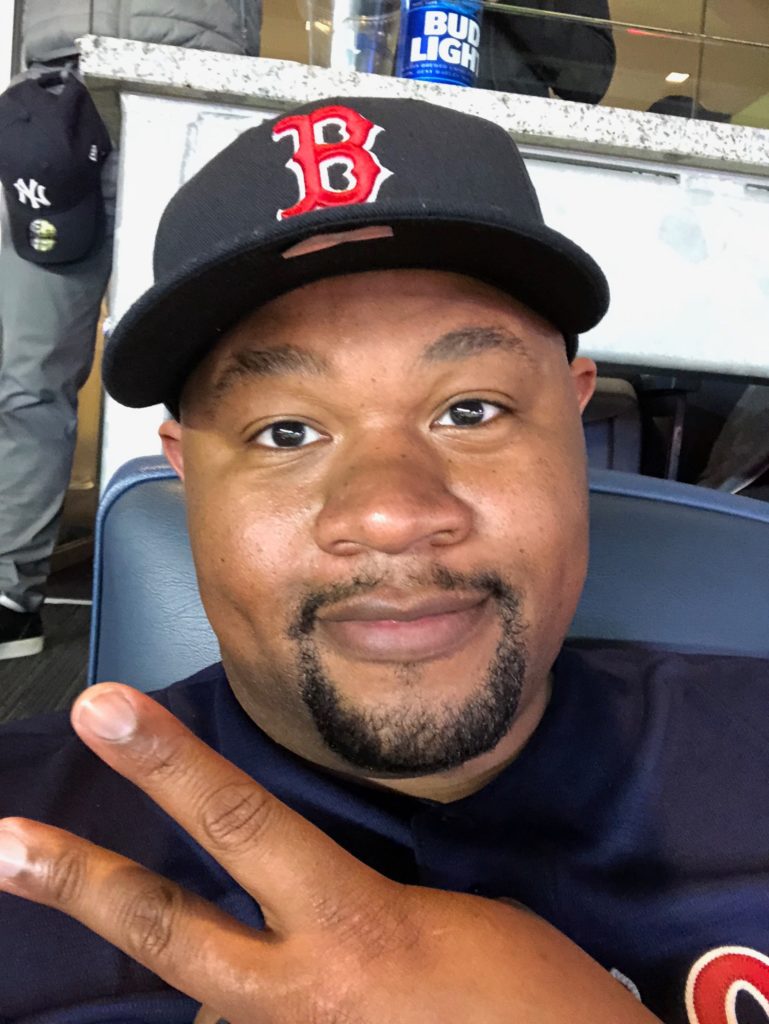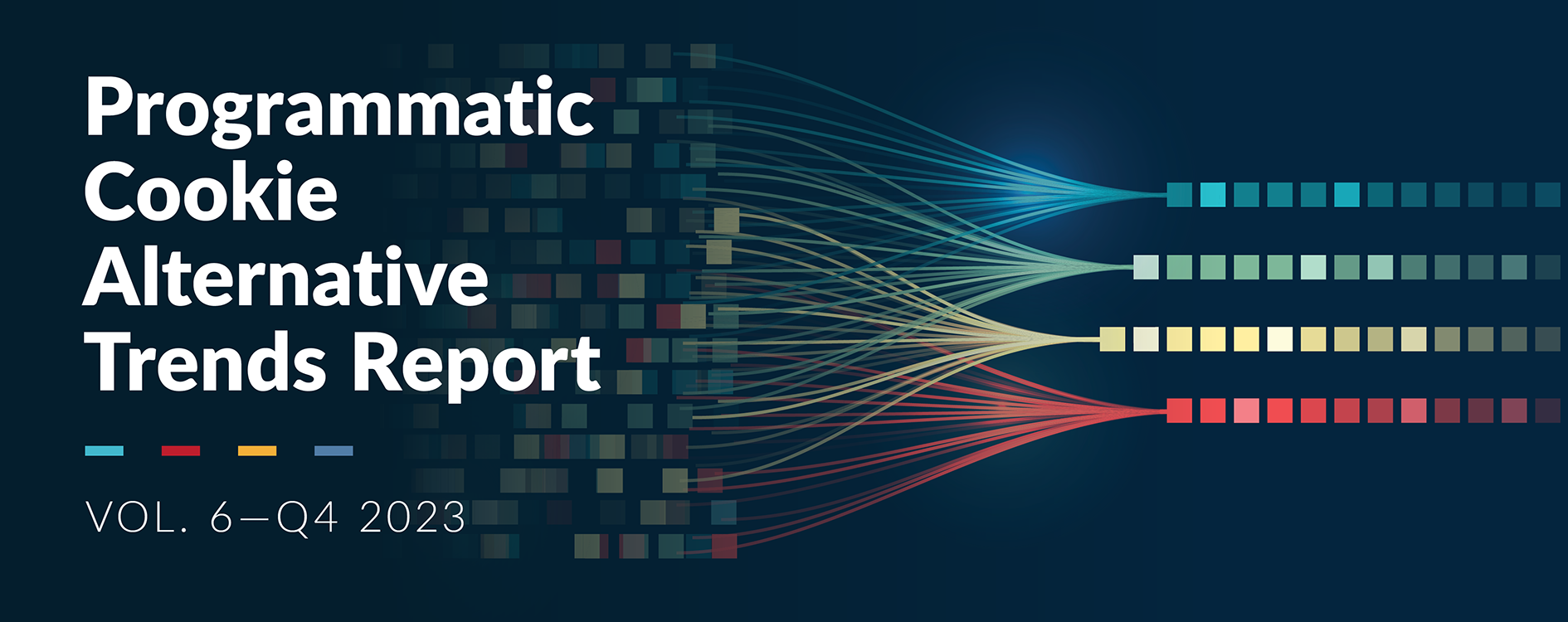Jamar Demorin is the Director of Client Success and Data Partnerships at 33Across. He’s an avid photographer (he even shot a few of the portraits on our executive page), a data enthusiast, and a three-and-a-half year company veteran. We sat down with Jamar to discuss his role, some of the ways 33Across has changed since he’s joined—and why running a programmatic advertising business is like architecture.
 1. What is your role at 33Across, and how did you come to it?
1. What is your role at 33Across, and how did you come to it?
I manage all of our data partnerships—both the long-term and the day to day. My job is to ensure that the use cases we sold our clients are working optimally. Essentially, I serve as the bridge between 33Across technology and customer happiness.
I initially came to 33Across as a sales analyst, but was quickly promoted to client success for our programmatic team. Then an opportunity arose—we needed a director of client success for our data solutions—and I’ve been in that role ever since.
2. How has 33Across changed since you joined?
We’ve had hyper-growth in terms of our offerings and we’ve leaned in on building technology that helps advertisers efficiently win the fight for attention for their customers and their audiences. When a company makes a significant investment in product and engineering, they of course have to grow their workforce. When I joined the company we were about 35 employees and in 3.5 years we’ve more than doubled in size.
3. What’s one major shift in the industry you’ve seen in recent years?
The focus on privacy. We saw GDPR take center stage last year, next the CCPA announcement came in January, plus Google Chrome’s recent announcement and now the pending New York Privacy Act. Together, it’s clear that the new focus on transparency and privacy is here to stay.
Privacy by design is essential when you’re building a data-related product. You need to consider where you’re going to get the data, what rights you have to the data, and how using that data will affect your customers.
The advice I would give to others in the programmatic business is: You need to embrace the change, because it’s inevitable. All of this change is why I got into this industry: because it’s dynamic and always changing.
4. We heard you studied architecture in college. Does designing buildings come into play in your job?
My degree is in business finance, but originally I studied architecture. (I have a creative side, but my “left brain” won out.) One of the things I learned from architecture is that when you design something, initially you shouldn’t think about how it’s going to work or if it will stand. That thinking will only limit how far you can push your design.
That’s very much an approach I bring to my work. I listen to all of our customers wants and needs, industry trends and translate that to our product and engineering teams. It’s always satisfying when we can come up with a creative solution to a customer’s request.
5. If you didn’t work in ad tech, what type of work would you be doing?
I love photography and cinematography, so I would probably start a video agency that created killer corporate video content. I envision it to be like an agency and production company in one – where we would be part of the whole process, from the creative conceptualization to editing the final product. When done correctly, video is an important element to showcasing a company.








